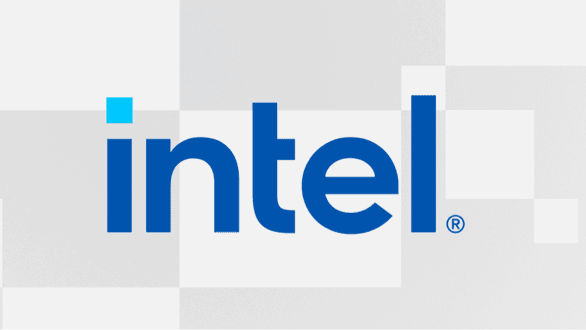- Joined
- Apr 18, 2013
- Messages
- 1,260 (0.29/day)
- Location
- Artem S. Tashkinov
Weird no one on TPU has mentioned:

 arstechnica.com
arstechnica.com
From the paper:
This could even be worse than meltdown.

A new vulnerability in Intel and AMD CPUs lets hackers steal encryption keys
Hertzbleed attack targets power-conservation feature found on virtually all modern CPUs.
 arstechnica.com
arstechnica.com
From the paper:
Affected machines
We have verified that Retbleed works on AMD Zen 1, Zen 1+, Zen 2 and Intel Core generation 6–8.
Mitigations
Kernel and hypervisor developers have developed mitigations in coordination with Intel and AMD. Mitigating Retbleed in the Linux kernel required a substantial effort, involving changes to 68 files, 1783 new lines and 387 removed lines. Our performance evaluation shows that mitigating Retbleed has unfortunately turned out to be expensive: we have measured between 14% and 39% overhead with the AMD and Intel patches respectively. Please refer to the paper if you want to know more. Mitigating Phantom JMPs with a generic flushing of the branch predictor unit on kernel transitions imposes up to 209% performance overhead.
This could even be worse than meltdown.






